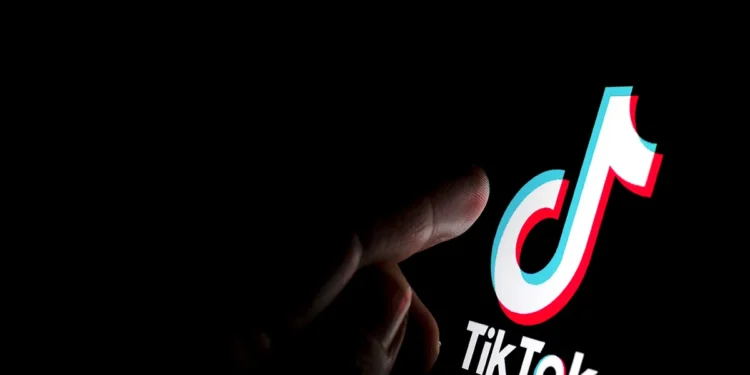A Data-Profiling Case Hits Canada’s Courts
A proposed class-action lawsuit in Canada alleges that TikTok and its parent company ByteDance collected, combined and profiled users’ personal information without proper disclosure. The filing entered the Supreme Court of British Columbia on 14 November. It seeks certification on behalf of TikTok users across Canada, excluding Québec.
The lawsuit claims TikTok built detailed behavioural profiles to drive engagement and targeted advertising. It argues that the platform did not meaningfully inform users, including children, about how their data would be used. According to the filing, TikTok gathered device identifiers, browsing patterns, interaction signals and other data points that feed machine-learning systems and recommendation models.
Why This Matters For Platform Accountability
The technology angle is central. The lawsuit argues that TikTok’s profiling practices relied on machine-learning and predictive-engagement models powered by personal data that users did not meaningfully consent to.
Regulators have already expressed concern. Canadian federal and provincial privacy watchdogs concluded earlier this year that TikTok’s protections for minors were inadequate. They also found the platform collected more data than necessary for its own stated purposes. At the same time, the filing claims TikTok retained information from users under thirteen even after account deletion, raising further questions about data minimisation and compliance.
TikTok has not yet filed a full response to the British Columbia case. The company has previously said it is improving safeguards for young users following regulatory findings.
Who Feels The Impact First
The proposed class could include millions of TikTok users in Canada. A dedicated subclass would cover minors whose data may have been collected improperly. Parents, schools and youth-advocacy groups are watching closely because the claims connect algorithmic recommendation systems to children’s wellbeing.
Advertisers may also be affected. If the case prompts new transparency requirements, Canada could impose stricter rules on profiling and targeted advertising. For TikTok, the implications span legal exposure, regulatory oversight and wider questions about how it handles sensitive data inside its systems.
What Happens Next
The case will now move to the certification stage. If approved, class members will be notified, and the court will set a schedule for evidence disclosure and arguments. Privacy regulators may continue separate oversight as TikTok implements required changes to its children’s-data practices.
Observers will follow several indicators. These include whether the court demands detailed documentation of TikTok’s profiling methods and recommendation systems, and how the platform adjusts its disclosures around consent, data use and algorithmic decision-making. The outcome may influence future rules for social-media platforms across Canada.










